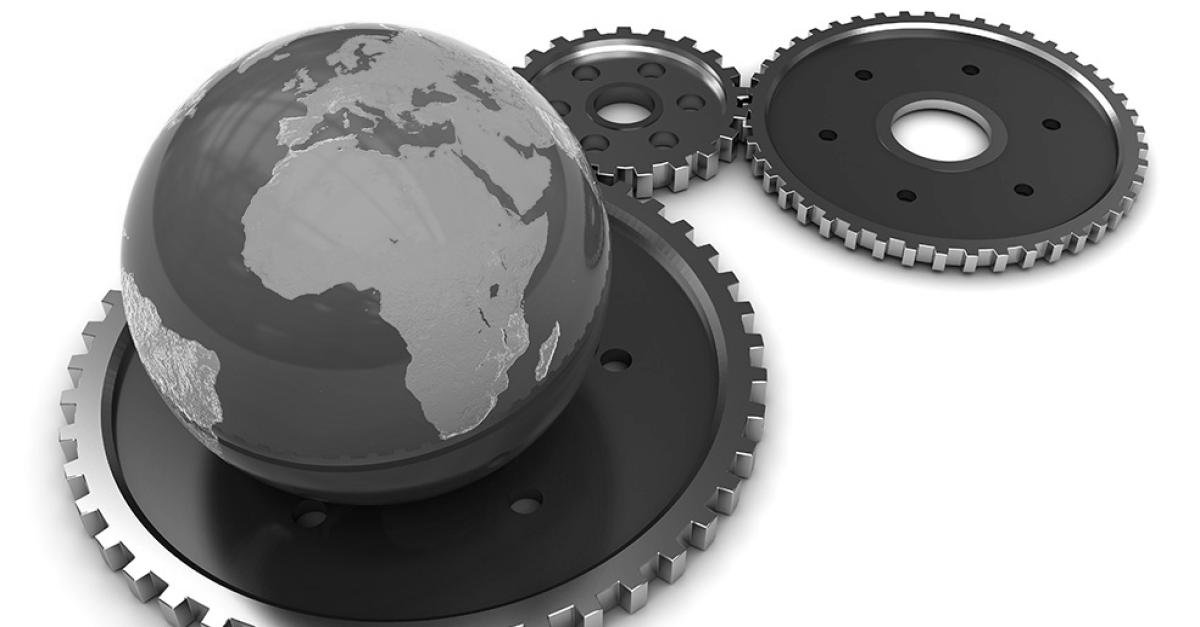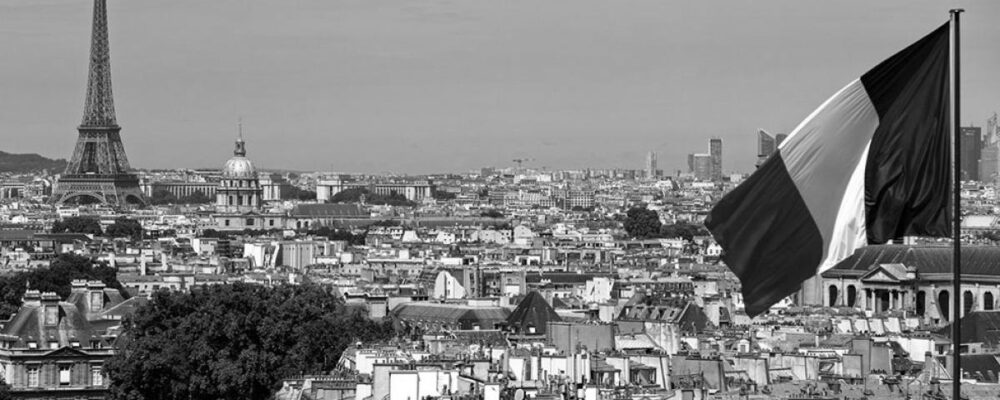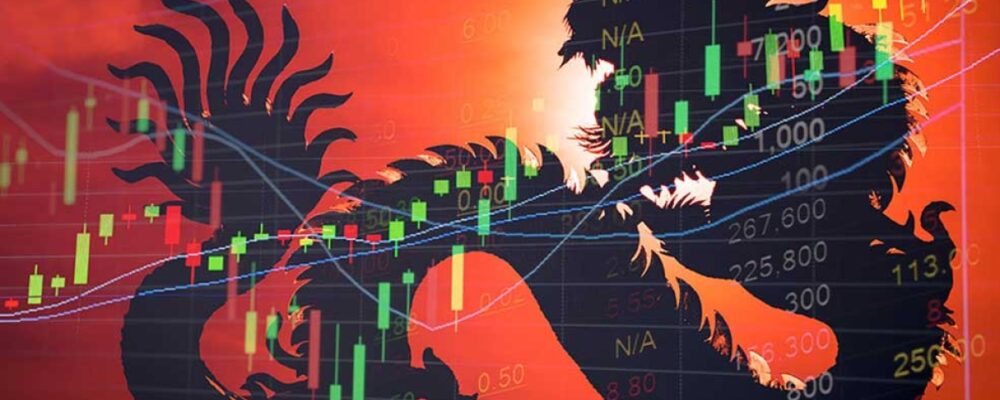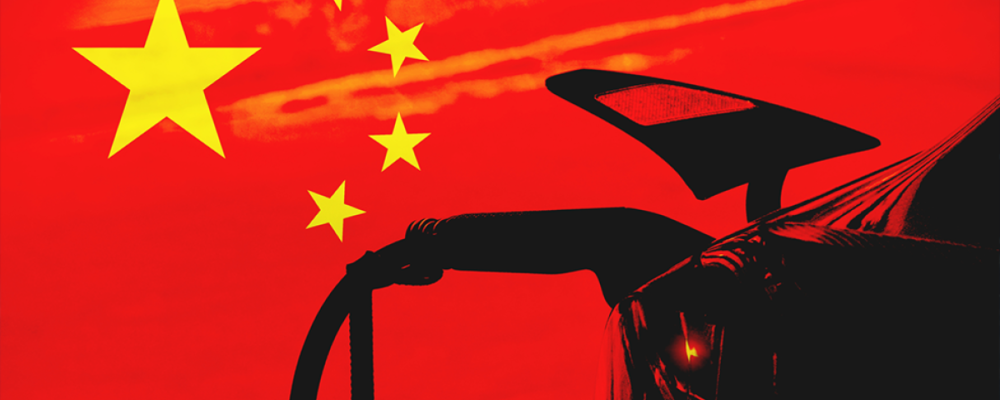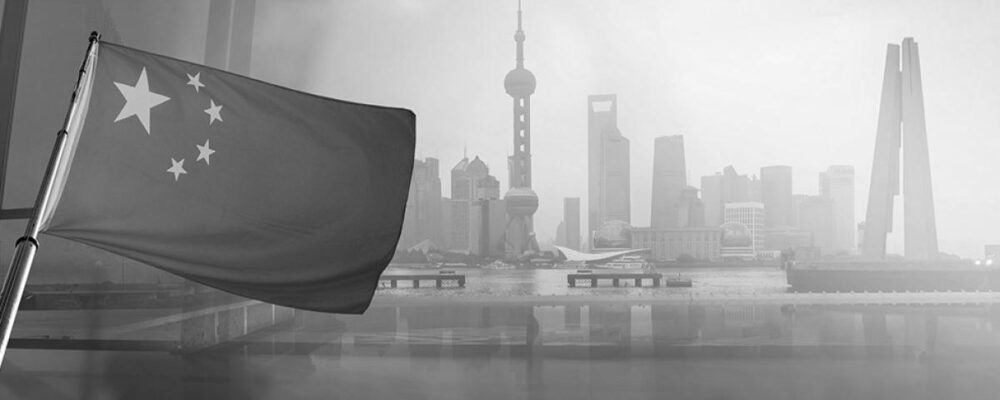Tantalum, tungsten, tin and gold have long been classed as “conflict minerals”1. But they are an even greater source of conflict now that everyone knows the climate and technology transitions are impossible without them. Simply put, they are the foundation stone of promises of growth, and therefore a major political priority: according to Guillaume Stechmann, we are now in the era of “metalpolitik”2. As for those countries that compete to become technological superpowers, their dreams will not be fulfilled unless and until they can secure their supplies of metals. China understood this before anyone else3. The geopolitics of value chains is the geopolitics of resources. For the mining Eldorado that is Africa4, this is a vital and urgent issue. There is a need to increase investment (which is disproportionately low relative to the amount of resources), move up the processing chain, retain value and invest it in economic diversification In short, breaking out the classical Dutch Desease , which has prevented oil revenue from being used to further regional development.
The acceleration principle is a pathology of modernity
L’intensification des violences au Nord-Kivu (le Congo représente 42% de la production mondiale de tantale, et 15% pour la mine de Rubaya5) is no accident: the accelerating race for critical metals is being aided by a unique combination of global geopolitical fragmentation, intensifying global warming and accelerating technological development. Everything points to growing demand for certain metals (according to the International Energy Agency, demand for copper is set to grow by 40% over the next 15 years6), which also increases the risk of supply shortages7. especially given that the increasing miniaturisation of products is not reducing demand but boosting it. According to Guillaume Pitron8, a smartphone might only weigh 150 grammes but requires 150 kg of rock to be treated with water which, as mining and geological engineer Aurore Stephant reminds us, is also one of the victims of the race for metals: miles-long stretches of the Congo River are already contaminated with heavy metals. All of which raises the question of how much a resource truly costs once you factor in negative externalities…
At an even deeper level, what is really at stake behind our addiction to metals is the acceleration principle itself. This principle is held up as the fundamental driving force behind what philosophers and sociologists call late modernity. Hartmut Rosa in particular describes western societies as being characterised by a phenomenon of acceleration that has spread to every area, from fast food to speed dating, from power naps to high-speed computing and from rapid transport to instant communication. In fact, we are moulded by a “desire or felt need to do more in less time”9, accompanied by a fear of not being able to keep up. We must “dance faster and faster just to stand still”10. Rosa talks about the “time-famine” of modern society11. Economics, science and geopolitics are all driven by changes in our collective mindset: the digital revolution is also the culmination of a historical process that pushes us to cram more and more experiences into a given period of time.
Lastly, western societies are also worried about the risk of shortages: unlike during the golden age of globalisation, the world is anxious about resources that are seen as being finite. This worldview bears a distinct resemblance to that of the seventeenth-century mercantilists, who measured power based on the size of trade surpluses, as well as gold and silver mines, and who understood the world as a zero-sum game (“What you have, I cannot have”). The West has now taken a mercantilist turn: welcome to the world of Colbert. In many regions, resource war is becoming the decisive factor shaping the long-term economic, social and political future. While this is patently true in Africa, nickel is also causing disruption in Indonesia, lithium in Chile and Serbia, and so on… not forgetting Greenland, of course!
New income streams are intersecting old ones, redefining flows and routes
All over the world, new income streams are intersecting old ones, redefining trade, investment and logistics corridors. The United States is reinvesting in the Lobito Corridor, along which African copper travels to the Atlantic Ocean12, while China, which reportedly controls 74% of Congo’s cobalt, is securing the route to the Indian Ocean. The Gulf States are also stepping up their investment in mining and Dubai Port World is investing in ports. Behind the battle for metals lies a battle for the oceans. And, once countries in the Global South start to renegotiate how revenue is shared, it would be no surprise if new cartels were to emerge. In the meantime, governments want to control resources and develop in-country refining capability13. More and more countries are banning exports of raw products each year, the best example being Indonesian nickel14, where the government controls the entire sector. The issue of price control is also on the table: watch out for OPEC-style groups seeking to control the price of copper or nickel. It remains to be seen how the global economic balance of power between producers and major multinational corporations will shift, particularly in Africa.
The icing on the cake, so to speak, is Trump and his territorial claims, which are throwing the geopolitical Pandora’s box wide open. Ultimately, though, Trump is merely further bolstering a mental shift that has been evident since the war in Ukraine began: many leaders are convinced that, “when all is said and done, force creates law15. It’s important to point out that this quote from Achille Mbembe16 is addressed not to Russia, China, Azerbaijan or the United States… but to putschist regimes in West Africa. In our mental maps, is the entire world now the Wild West? While this is admittedly not a new question, these open appeals to force mean it is now imperative to know what values we want to protect.
Rousseau and the right of the strongest
Remember what Rousseau wrote: “The strongest is never strong enough to be master all the time, unless he transforms his power into right and obedience into duty”17. Particularly in Europe, if we are to continue developing our sovereignty in critical metals, it is more important than ever that we not disregard their local consequences. This raises questions about a memorandum of understanding signed by the European Union and Rwanda in 2024 covering supplies of coltan whose origin is disputed by Congo. It also calls into question the granting of $20 million in aid, also to Rwanda, at the end of 2024 to provide a peacekeeping force in Mozambique18 on the basis of now disputed clauses. It will be increasingly important to be wary of simplistic reductions of “metalpolitik” in the face of local situations that are undergoing fundamental change.
This is particularly true of an Africa on the brink of a “historical new political cycle”19, in which demographic, sociocultural, economic and political issues are interwoven in a “perilous and unprecedented self-calibrating movement”: an Africa fortified by “the continent’s technological awakening, the growing influence of diasporas, the accelerating process of artistic and cultural creativity, increasing mobility and traffic, and the frenzied search for alternative development models rooted in local traditions”. However, by unleashing the forces of self-interest, Donald Trump is also paving the way for actors who have no compunction about getting into conflicts and who are greedy for revenue to spring into action. Geopolitical opportunism is what you get when a hegemon is incapable of regulating the international situation – especially when the hegemon himself behaves like a pirate.
The geopolitics of every man for himself
The current geopolitical environment thus encourages actors to act in ways that might disrupt many strategic areas, particularly in politically sensitive regions. For example, the Kivu region has long been a hotbed of ongoing rivalry between Tutsis and Hutus where the state’s authority is weak. Rwanda would like it to become a buffer against Congo. It’s also a crucial region for the stability of Uganda, where President Museveni is trying to maintain his popularity in a country where 70% of the population is under 30 years old – but where his capital, Kampala, is also trying to protect exports to Congo and co-financed infrastructure projects.
Ultimately, for both Uganda and Rwanda, mineral wealth is a game changer that is incentivising actors to put their threats into action. Unfortunately, all of this fuels the tired old bogeyman of extractivism; Achille Mbembe warns in his book that this principle of “brutalism”20 could be the world’s future. “The function of contemporary powers is therefore, more than ever, to make extraction possible.21 The drilling of bodies and minds is part of it”, writes Mbembe, “[…] as the state of exception becomes the norm and the state of emergency, permanent”.22 “The age”, he goes on, “is truly one of the forge and the hammer, ember and anvil, the blacksmith being perhaps the last avatar of the great historical subjects”.
“Crédit Agricole Group, sometimes called La banque verte due to its historical ties to farming, is a French international banking group and the world’s largest cooperative financial institution. It is France’s second-largest bank, after BNP Paribas, as well as the third largest in Europe and tenth largest in the world.”
Please visit the firm link to site


